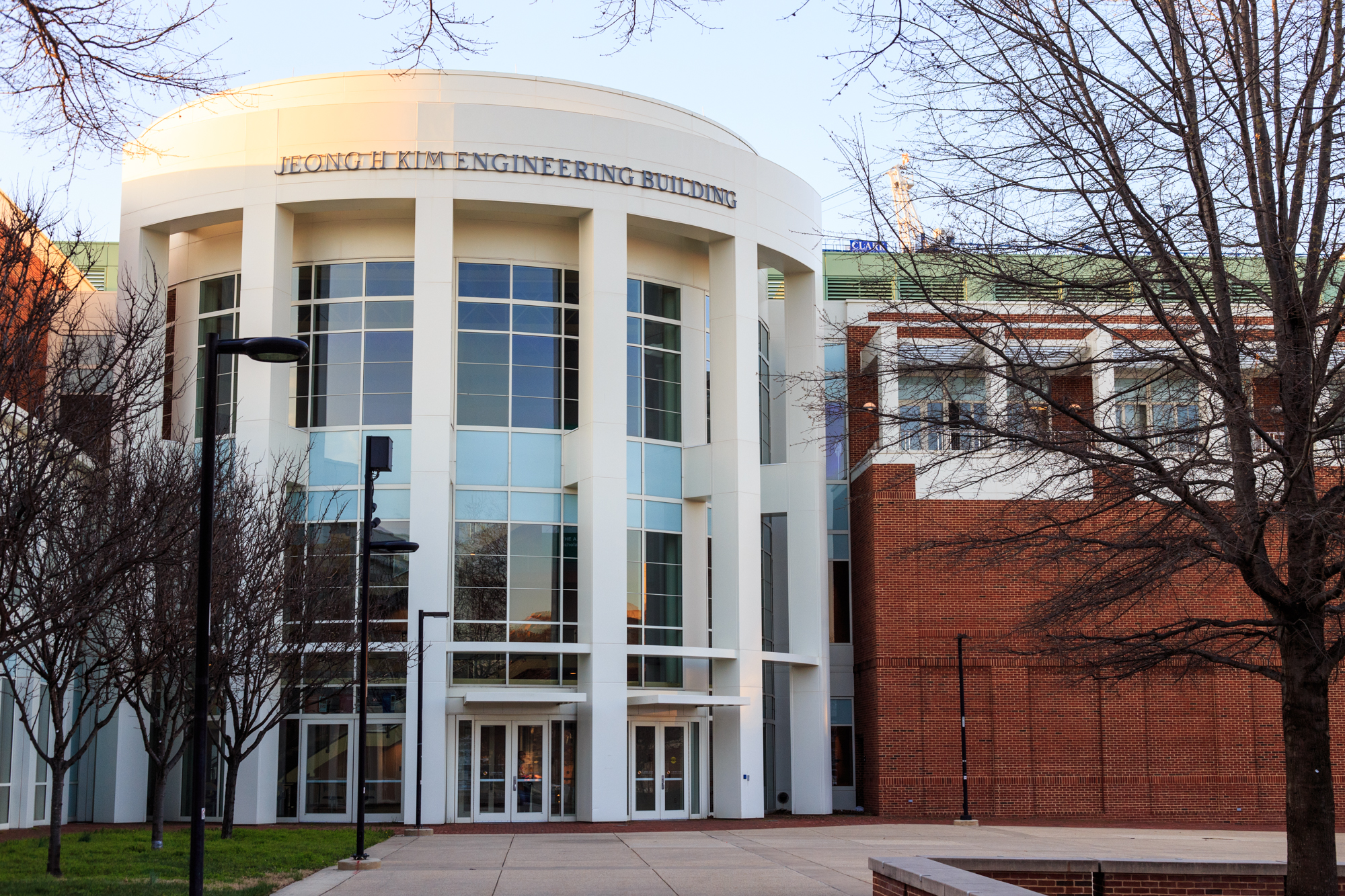A University of Maryland graduate student has won $15,000 for her research developing new ways to treat autoimmune diseases like multiple sclerosis and Type 1 diabetes.
Lisa Tostanoski, a fifth year bioengineering doctoral student, is one of five graduate students nationwide to receive this year’s Lemelson-MIT Student Prize, which honors “promising collegiate inventors” in healthcare, transportation, food and agriculture or consumer devices, according to the Lemelson-MIT website. Tostanoski is the first student from this university to win the award.
Tostanoski and other researchers have developed a combination of new materials designed to carry drugs, as well as a new way to administer them that have reversed paralysis in mice with multiple sclerosis, Tostanoski said.
Currently, clinical treatments for autoimmune diseases broadly suppress the patient’s immune system so it doesn’t mistakenly attack the patient’s body, Tostanoski said. However, treatments of this kind do not cure the disease and leave the patient’s immune system unable to attack legitimate threats, making the patient vulnerable to infection, she said.
[Read more: A UMD professor is joining the fight against multiple sclerosis]
“There is a shortage of effective and specific therapies for autoimmune diseases like multiple sclerosis,” Tostanoski said.
Her work at this university’s Jewell Lab of Bioengineering Research, developed with researchers from the University of Maryland School of Medicine and the U.S. veterans affairs department, combines immunology and engineering to take a more targeted approach.
Tostanoski’s method deposits polymer particles directly into the mice’s lymph nodes, where immune cells develop and the body’s response is coordinated and directed, she said. As the drug-carrying particles slowly degrade, they release signals into the lymph nodes that reprogram immune cells, leaving the lymph nodes to become regulatory cells that control inflammation rather than causing it.
“In autoimmune diseases like multiple sclerosis or type 1 diabetes, what happens is the immune system malfunctions and it attacks some of your own molecules as foreign,” said Christopher Jewell, head of the lab.
[Read more: UMD student receives Fulbright award, will conduct research in Netherlands]
In the case of MS, Jewell said, the body’s immune system identifies myelin — the protective material that coats the brain’s nerve cells — as a threat and attacks it, leading to inflammation which causes degeneration of neurons over time. This can result in loss of motor function and a wide range of other symptoms.
While these studies are still in pre-clinical trials and have only been performed in mice with MS, Tostanoski said there is “translational potential” for this method of treatment to apply to human autoimmune diseases. Jewell said studies of this method in higher animals — which more closely resemble humans — such as monkeys, is already underway at the lab.
Tostanoski won the Lemelson-MIT award in the “Cure It!” category, which mainly focuses on drugs and health care, said Stephanie Couch, executive director of the Lemelson-MIT program.
The program, Couch says, looks for the most inventive students to give the awards. After a nationwide call for applications from graduate and undergraduate students, a panel of screeners then vet the applications and a jury chooses winners based on the invention’s novelty, potential for commercialization, and ability to make a positive effect, Couch said.
This year, only 60 undergraduate and 80 graduate students fulfilled the minimum requirements, which include having a working prototype of an invention, to even make it to the screeners, Couch said.
For Tostanoski, the working prototype she submitted was a description of the research she has been working on since she joined Jewell’s lab five years ago, she said.
“When she joined, this was something that we wanted to work on. She started the same time I started, which was August 2012,” Jewell said. “That’s when these projects started and then my lab got several grants to develop these ideas, like from the National Multiple Sclerosis Society and the National Science Foundation.”
Couch said the screeners and judges were impressed by the potential for Tostanoski’s research to have a significant impact if it works, and by the inherent difficulty of addressing autoimmune diseases.



